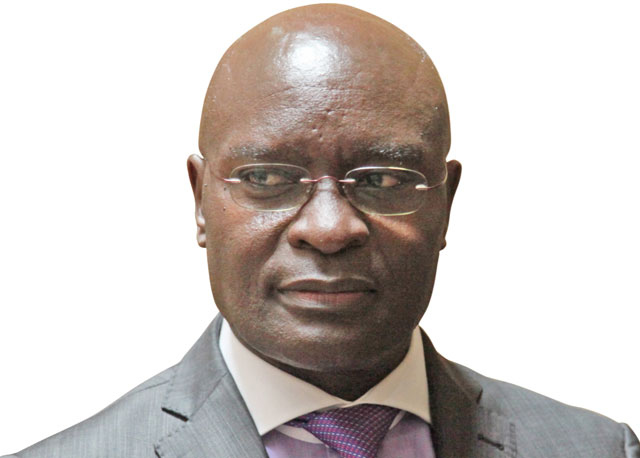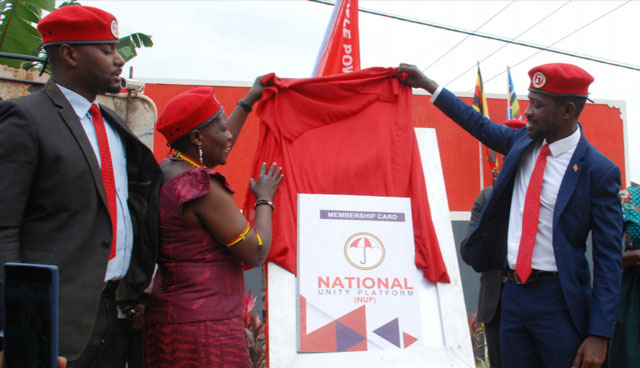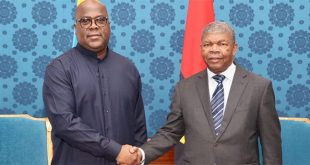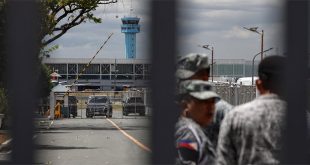
Why NUP is test case for EC boss Byabakama
COVER STORY | Independent Team | The Independent Electoral Commission (IEC) has been dragged into two wrangles involving the National Unity Platform (NUP) of Kyadondo East MP Robert Kyagulanyi aka Bobi Wine.
The first is a fight between NUP and another opposition party; the Uganda Peoples Congress of Lira Municipality MP Jimmy Akena over the use of the colour red. The other is a petition challenging how Bobi Wine became president and presidential flag bearer of NUP.
Jimmy Akena has turned UPC into an ally of President Yoweri Museveni’s government in which his wife, Oyam South MP Betty Amongi, is a minister. Akena’s fight with Bobi Wine is seen by many as a proxy fight on behalf of Museveni.
Bobi Wine’s fight with people claiming to be aggrieved NUP members has also been cast in similar tones. According to social commentary, the petitioners against Bobi Wine to the EC are agents of the ruling party NRM.
Many say how the EC Chairperson, Simon Byabakama; a former prosecutor and judge, handles the affairs of Bobi Wine and NUP could either kill or kindle his career.
Whether rightly or wrongly, Byabakama has been tied to the NRM and Museveni but so have all past heads of the Electoral Commission. Most have been called “NRM cadres”. But some have earned respect as election managers under tough conditions while others have been criticised for being overly pro-Museveni.
Byabakama, who is handling his first general election, is doing so at the toughest imaginable time. In a recent sharp slap on Byabakama’s hand, eight top managers of the Commission have unceremoniously left their positions.
Officially, the eight are said to have sought early retirement. But the grapevine says President Museveni was unhappy with them. There have also been whispers of corruption in EC procurement deals and even claims that the EC dropped the ball when it let Bobi Wine register as head of NUP. Whatever is fact or fiction, the reality is that Byabakama is a chief without an army at the EC. He must tread carefully. And President Museveni has already warned him.
Byabakama has been in charge at the EC since November 2016, but he was just one year into office when Museveni started bombarding him with threats of sacking. On one occasion, while officiating at a function for newly elected women district chairpersons at Hotel Africana in Kampala, Museveni threatened to get rid of the whole EC team which is “full of rotten people.”
Museveni said the EC had allowed `ghost voters’ onto the register during the Jinja East by-elections won by opposition FDC’s Paul Mwiru. At the time, Bobi Wine was riding a new wave of People Power and he endorsed and campaigned for the opposition candidate in Jinja and other places. Byabakama must walk a tight rope because, under the law, President Museveni appoints and can dismiss the EC chairman.
Make or break test
Presidential elections in Uganda have historically been make or break tests for the heads of the Electoral Commission. One such tough test for an EC chairman occurred in 2005. At the time, Byabakama’s predecessor; Badru Kiggundu was also just a novice at the job. Kigundu was appointed in November 2002 and was three years on the job.
In a telling parallel, Byabakama was appointed in November 2016 and three years later, he is facing his major test with an emerging challenger of President Museveni. Byabakama’s test is Bobi Wine but Kigundu’s test was former leader of the opposition Forum for Democratic Change (FDC) party, Kizza Besigye.
Having lost the elections in 2001, Besigye had fled to South Africa after being arrested and questioned over alleged links to an anti-Museveni rebel group called the People’s Redemption Army (PRA). He returned to Uganda on October 26, 2005, registered as a voter and started to campaign. He drew huge crowds. But two weeks later, in November, Besigye was arrested, charged with treason and rape and locked up in Luzira Maximum Security Prison.

In another parallel, Byabakama, who was Deputy Director of Public Prosecution, was the lead prosecutor of the Besigye case. Now he is the lead arbiter of the Bobi Wine case.
In Besigye’s case, legal drama broke out during nominations of presidential candidates. The question was whether Besigye, who was in jail, could be nominated as a candidate. Badru Kiggundu who unlike Byabakama was not a legal expert, turned to the Attorney General for advice.
In a six-page letter to Kiggundu, then-Attorney General; the late Kidhu Makubuya told the chairman of the EC that Besigye should not be nominated.
“It is my considered opinion that Dr Besigye’s nomination would at this point be tainted with illegalities. His nomination should therefore not proceed,” Makubuya, who was also the minister of justice, wrote.
“Although he is presumed innocent until proven guilty,” Makubuya added, “it certainly cannot be said that Besigye is on the same level of innocence as that of the other presidential candidates.”
Makubuya hinted that allowing Besigye to be nominated because is presumed innocent under the law would be equivalent to allowing rebel leaders, like the Lord’s Resistance’s Army’s Joseph Kony, to contest on the ground that they are presumed innocent until proven guilty.
In any case, Makubuya said, Besigye needed to be physically in Namboole Stadium, the point of nomination, to hand in his papers.
Besigye’s pie appeared to be cooked. But then, the current Minister of Defence, Adolf Mwesigye, who was then-Minister of State for justice and Makubuya’s deputy, took a different view. He wrote to the minister of internal affairs and said: “In my view there is no legal bar to prevent Dr Kizza Besigye from being nominated as a presidential candidate.” Besigye was nominated and he signed his papers in prison. Makubuya’s standing in legal circles did not recover. But Kigundu emerged as a manager with mettle.
And the deciding factor then, as now, appears to have time. If the matter was allowed to go to court, the election would have to be delayed. President Museveni did not want that. So will Byabakama push it this time?
 The Independent Uganda: You get the Truth we Pay the Price
The Independent Uganda: You get the Truth we Pay the Price



The decision to let Besigye run for president was a blessing in disguise for the incumbent – a tactical showo of democracy and a wise move for the incumbent but blindfolding to naive people who thought it was not stage managed.